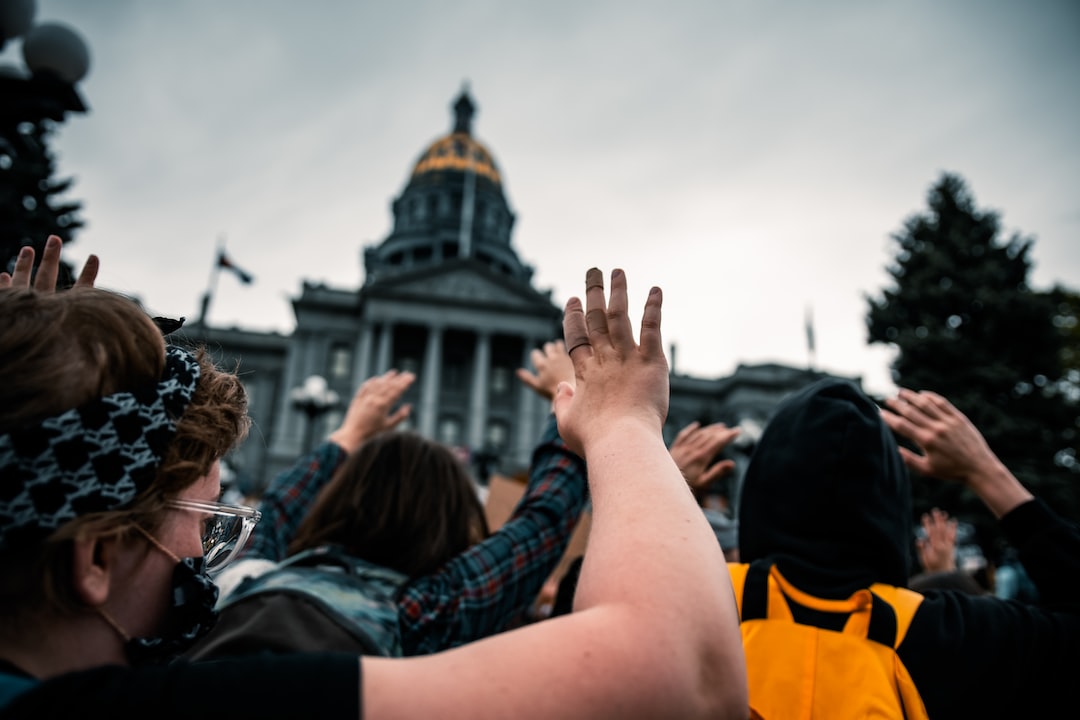Title: Unmasking the Truth: Investigative Report on the Rise of Fake News and its Impact on Democratic Societies
Introduction:
In an era where digital information prevails, fake news has emerged as a formidable adversary to the truth. This investigative report delves into the rise of fake news and its consequential impact on democratic societies. As the dissemination of misinformation clouds public perception and fuels division, it is crucial to understand the root causes and potential solutions to address this pervasive threat.
Unveiling the Epidemic:
The advent of social media and the internet has revolutionized the way we consume news and information. However, it has also given rise to a wave of misinformation. Misleading headlines, manipulated images, and fabricated stories spread like wildfire, leaving people susceptible to deception. The ease of sharing information, coupled with the lack of oversight, has allowed fake news to infiltrate democratic societies at an alarming rate.
Undermining Democratic Principles:
The impacts of fake news on democratic societies cannot be overstated. By eroding public trust and distorting reality, it threatens the very foundation of democracy. In an environment where facts are manipulated and emotions exploited, citizens find themselves navigating through a haze of falsehoods. The distortion of truth manipulates public opinion and influences election outcomes, gravely undermining the democratic principles of transparency, accountability, and informed decision-making.
Polarization and Social Divisions:
One of the most concerning outcomes of the rise of fake news is the exacerbation of social divisions. Fake news often targets sensitive issues and exploits existing divides within societies, amplifying polarization. Platforms that disseminate sensationalized, politically-biased, and outright false information contribute to the creation of echo chambers, where individuals are isolated in their own ideological bubbles. The result is a society divided, with conflicting narratives ingrained, making it increasingly difficult to find common ground.
The Power of Confirmation Bias:
Confirmation bias, the tendency to seek, interpret, and recall information that confirms one’s existing beliefs, plays a crucial role in the spread of fake news. It makes people more prone to accepting and sharing information that aligns with their preconceived notions, regardless of its veracity. This psychological phenomenon reinforces echo chambers and creates an echo chamber effect, further perpetuating fake news and debasing democratic discourse.
Towards a Solution:
Fighting fake news requires a multi-dimensional approach. First and foremost, media literacy education must be prioritized for citizens of all ages. Teaching critical thinking skills, fact-checking methodologies, and the ability to discern credible sources are essential in navigating the information landscape. Equipping individuals with the tools to verify the accuracy of information promotes a more discerning public.
Moreover, social media platforms must play a more active role in combating the spread of fake news. Responsible content moderation, algorithm transparency, and partnerships with fact-checking organizations are vital steps in reducing the prevalence of misinformation. Addressing the financial incentives behind fake news, such as advertising revenue generated from sensationalized content, should also be a focus.
Additionally, governments must ensure that legislation strikes a balance between protecting freedom of speech and tackling the spread of false information. Collaborative efforts between governments, technology companies, and civil society organizations are crucial to curbing the influence of fake news on democratic societies.
Conclusion:
The rise of fake news poses a severe threat to the foundations of democratic societies worldwide. As misinformation spreads like wildfire, public opinion becomes distorted, polarization deepens, and democratic principles are undermined. By prioritizing media literacy education, holding social media platforms accountable, and implementing balanced legislation, we can take steps towards combatting this insidious phenomenon. Only by unmasking the truth and countering the rise of fake news can we protect the integrity of democratic societies and foster an informed citizenry capable of shaping a brighter future.

